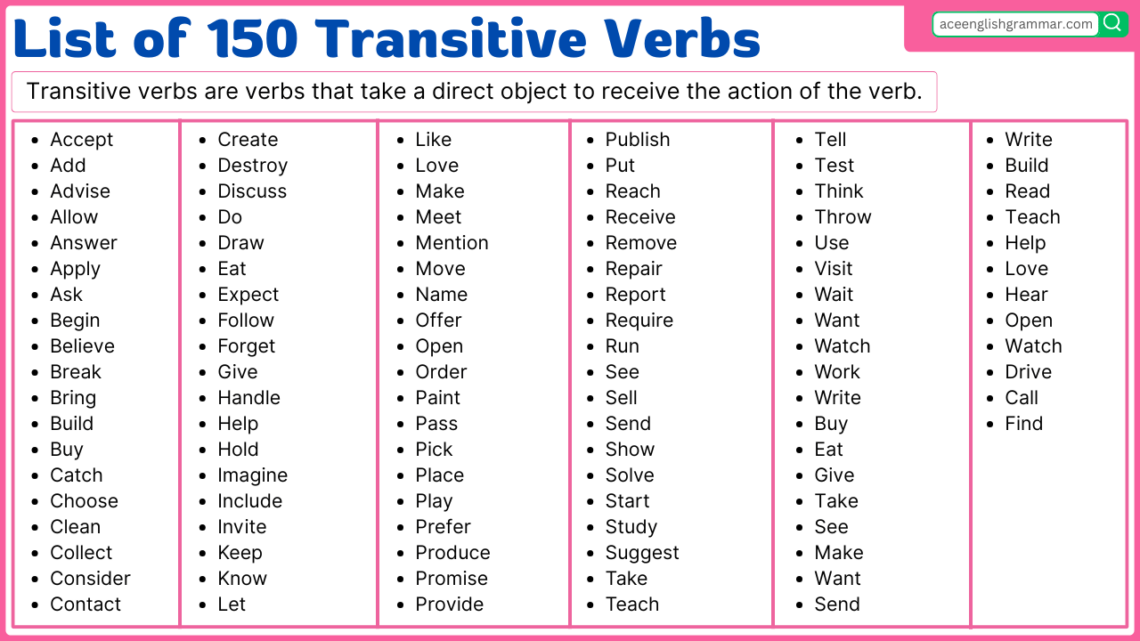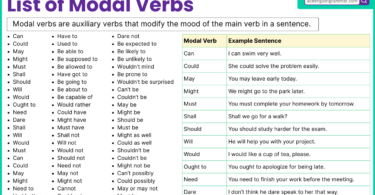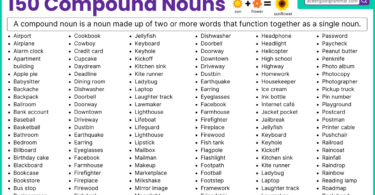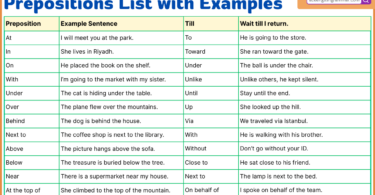Transitive verbs are action verbs that require a direct object to complete their meaning. Unlike intransitive verbs, which do not need an object, transitive verbs cannot stand alone. Understanding how to use transitive verbs in sentences will improve your sentence structure and clarity. This blog post helps learn the definition, and transitive verbs list with examples of transitive verbs in English to enhance your grammar skills.
Table of Contents
What Are Transitive Verbs?
Transitive verbs are verbs that take a direct object to receive the action of the verb. For example, in the sentence “She kicked the ball,” the verb “kicked” is transitive because it acts on the direct object “the ball.”
List of 20 Common Transitive Verbs
These 20 common transitive verbs list are frequently used in everyday English. Each verb here requires a direct object to complete its meaning.
- Buy
- Eat
- Give
- Take
- See
- Make
- Want
- Send
- Write
- Build
- Read
- Teach
- Help
- Love
- Hear
- Open
- Watch
- Drive
- Call
- Find
150 Transitive Verbs List
Transitive verbs need a direct object to complete their meaning. For example: He reads a book. This list includes 150 common transitive verbs list for better understanding and usage.
- Accept
- Add
- Advise
- Allow
- Answer
- Apply
- Ask
- Begin
- Believe
- Break
- Bring
- Build
- Buy
- Catch
- Choose
- Clean
- Collect
- Consider
- Contact
- Create
- Destroy
- Discuss
- Do
- Draw
- Eat
- Expect
- Follow
- Forget
- Give
- Handle
- Help
- Hold
- Imagine
- Include
- Invite
- Keep
- Know
- Let
- Like
- Love
- Make
- Meet
- Mention
- Move
- Name
- Offer
- Open
- Order
- Paint
- Pass
- Pick
- Place
- Play
- Prefer
- Produce
- Promise
- Provide
- Publish
- Put
- Reach
- Receive
- Remove
- Repair
- Report
- Require
- Run
- See
- Sell
- Send
- Show
- Solve
- Start
- Study
- Suggest
- Take
- Teach
- Tell
- Test
- Think
- Throw
- Use
- Visit
- Wait
- Want
- Watch
- Work
- Write
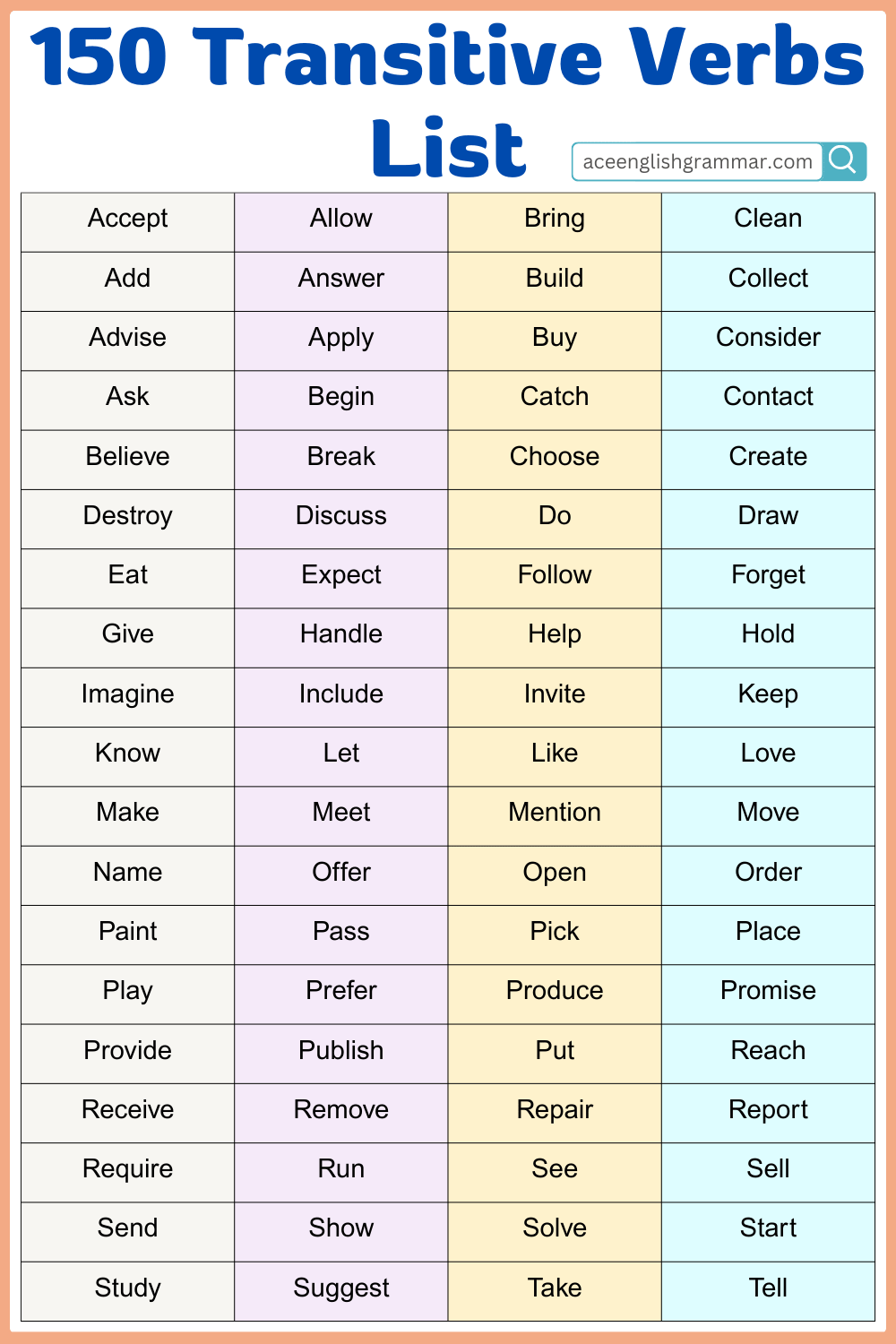
Transitive Verbs List with Meanings
| Transitive Verb | Meaning |
|---|---|
| Accept | To receive something offered |
| Add | To combine or join with something else |
| Ask | To request information or action |
| Buy | To acquire something by paying for it |
| Catch | To seize or capture |
| Give | To transfer possession of something |
| Make | To create or form something |
| See | To perceive with the eyes |
| Send | To dispatch or deliver |
| Take | To acquire possession of something |
| Teach | To impart knowledge or skills |
| Write | To form letters, words, or symbols |
| Move | To change position or place |
| Open | To make accessible by removing a barrier |
| Love | To have strong affection for something |
| Call | To speak or shout to attract attention |
| Help | To assist or make easier |
| Find | To discover something |
| Watch | To observe something attentively |
| Run | To move swiftly on foot |
Transitive Verbs with Direct Object Examples
- She bought a new car.
- He made a cake for the party.
- They sent an invitation to everyone.
- I read the book yesterday.
- She gave me a gift.
- We built a house on the hill.
- They invited me to the wedding.
- I wrote a letter to my friend.
- He caught the ball.
- She helped me with my homework.
- He opened the door.
- I saw her at the store.
- We watched a movie last night.
- He held my hand.
- They called the doctor.
- She knew the answer.
- I moved the chair closer to the table.
- We wanted some coffee.
- He found his keys.
- She gave him the money.
Transitive Verbs Used in Sentences
- She bought a new laptop.
- He sent a letter to his friend.
- I gave her the book.
- They made a decision.
- We watched the movie.
- He ate his dinner quickly.
- She opened the window.
- I read the article this morning.
- We called the police.
- He wrote a message on the board.
- She taught me how to swim.
- They helped their parents with the chores.
- We saw the news yesterday.
- He found the wallet on the ground.
- They invited everyone to the party.
- She heard the phone ring.
- He moved the box to the table.
- I brought the cake to the party.
- She loved her new dress.
- He played the guitar at the concert.
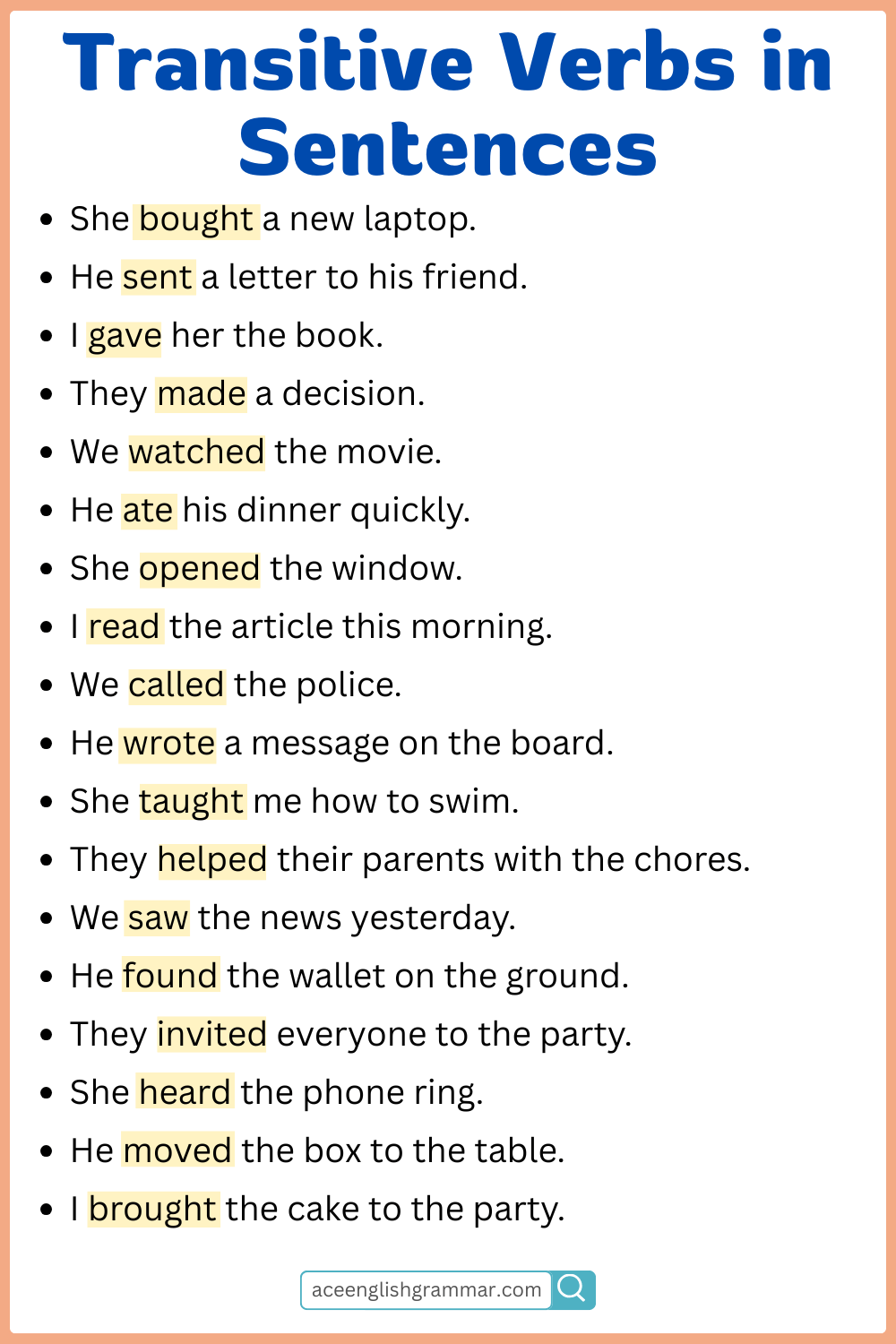
List of Verbs That Are Always Transitive
- Accept
- Add
- Ask
- Buy
- Catch
- Give
- Know
- Make
- Order
- See
- Show
- Teach
- Tell
- Think
- Use
- Watch
Verbs That Can Be Both Transitive and Intransitive
| Verb | Transitive Example | Intransitive Example |
|---|---|---|
| Run | She ran the marathon. | He likes to run in the mornings. |
| Drive | She drove the car to the office. | He loves to drive fast. |
| Eat | They ate the pizza for dinner. | We like to eat together. |
| Play | He played the piano beautifully. | The children play in the park. |
| Read | I read a book yesterday. | She reads every day. |
FAQs
A transitive verb is a verb that requires a direct object to complete its meaning, such as “give,” “see,” and “eat.”
No, not all verbs are transitive. Some verbs are intransitive, meaning they do not require a direct object, such as “sleep” or “arrive.”
Yes, some verbs can be used both transitively and intransitively, depending on the context. For example, “eat” can be transitive (“She ate the cake”) and intransitive (“She eats every morning”).
Twenty common transitive verbs list including words like eat, bring, take, give, write, read, make, find, buy, send, open, close, tell, ask, show, carry, wear, call, love, and help. These verbs always need a direct object to complete their meaning.
Conclusion
Understanding transitive verbs list is crucial for mastering English sentence construction. By learning and practicing their use, you’ll be able to build clearer, more complete sentences. Whether you’re writing or speaking, recognizing the role of transitive verbs will help you convey your ideas effectively.
You might also like

